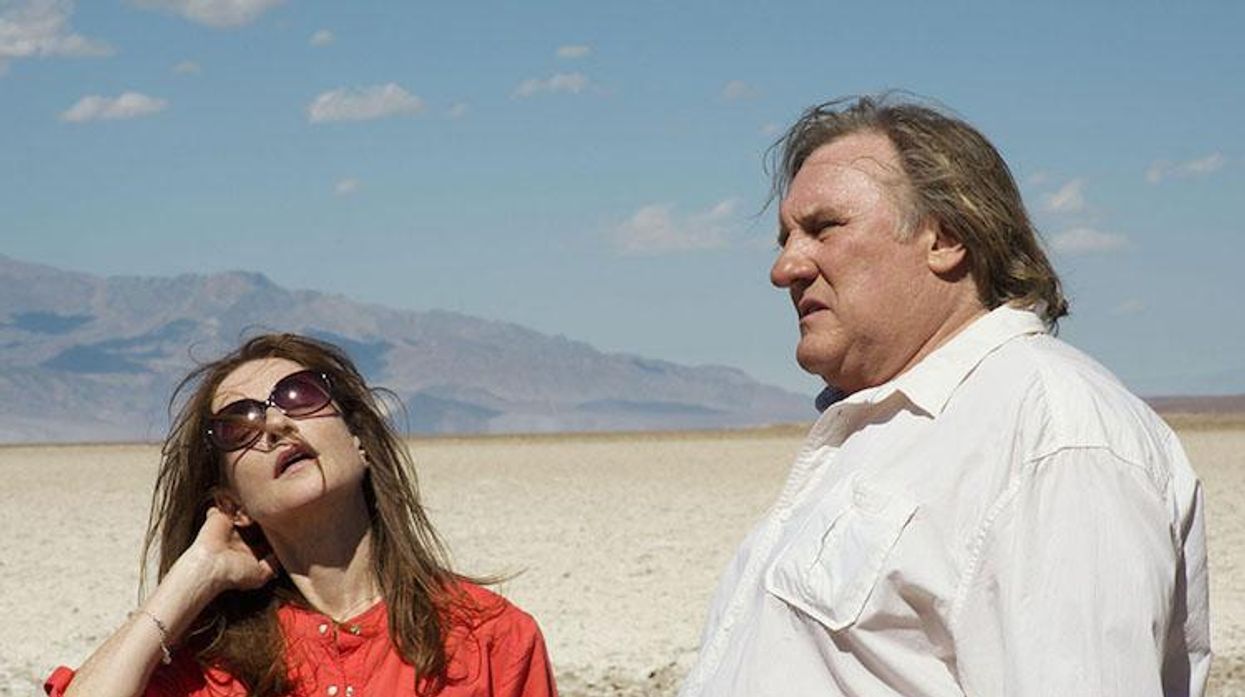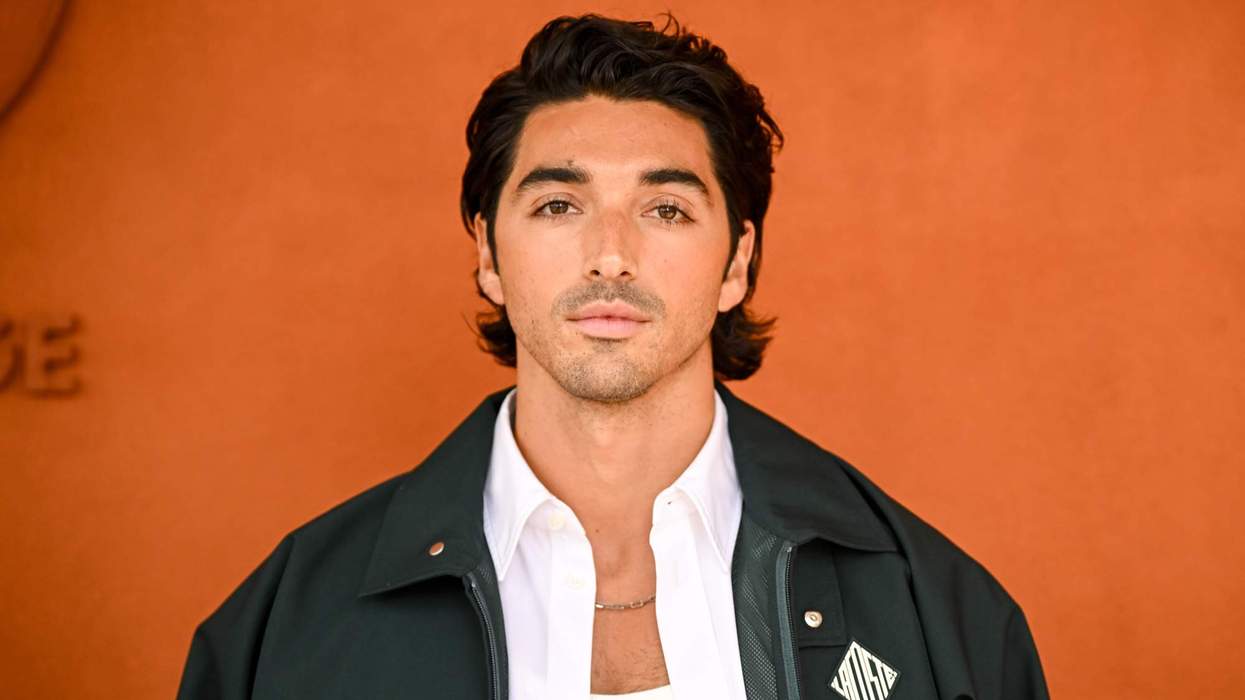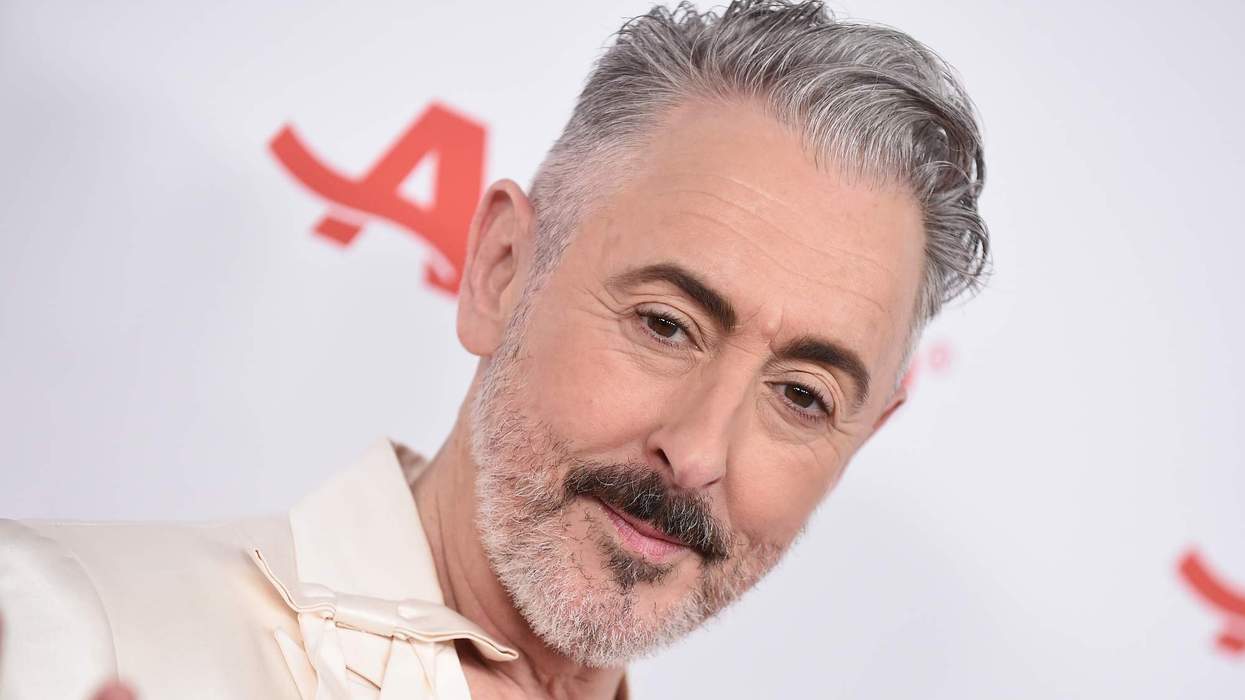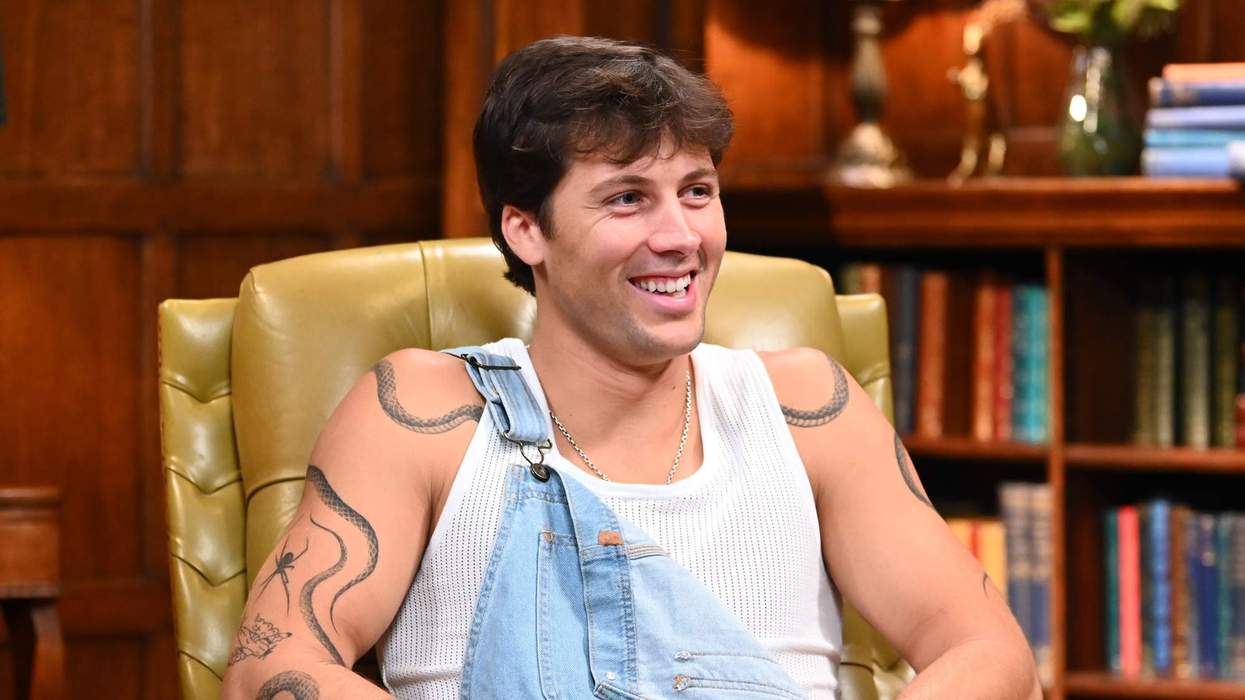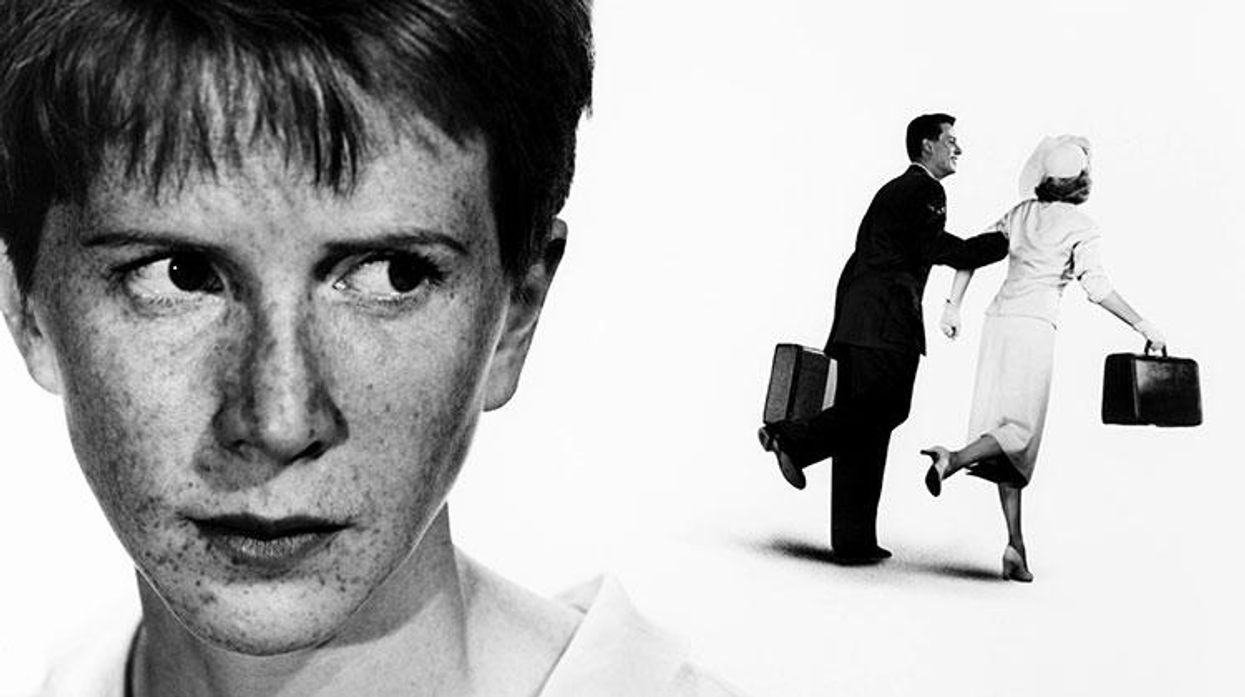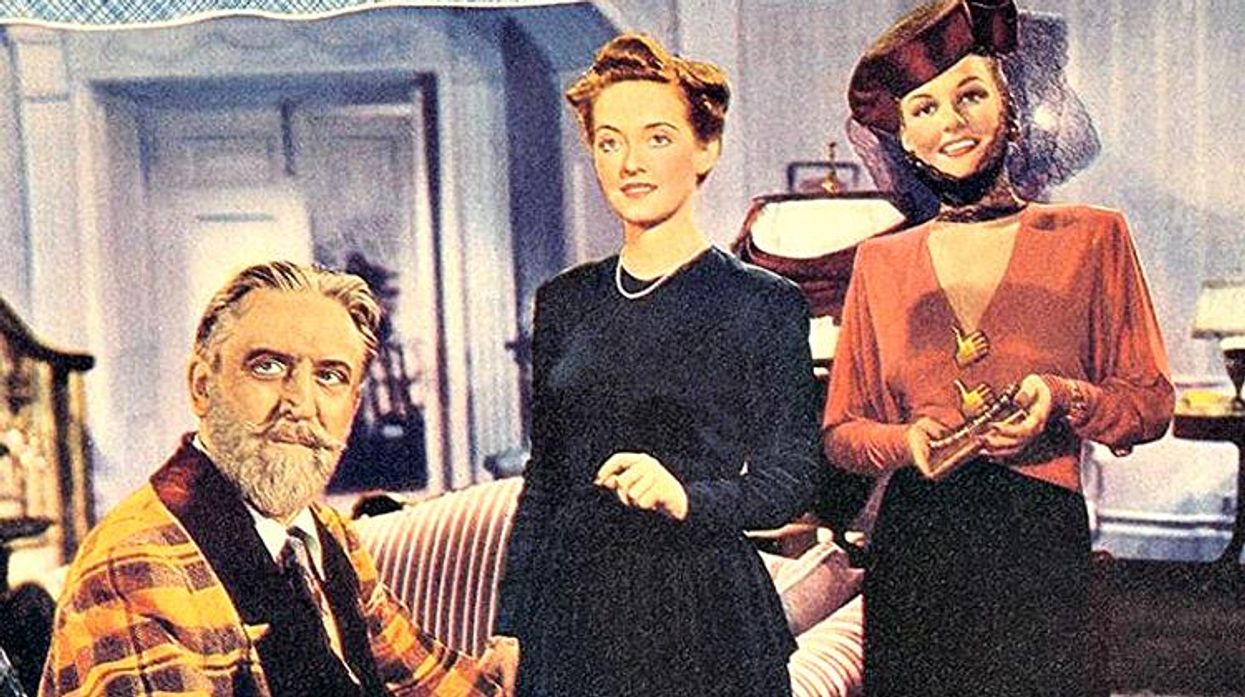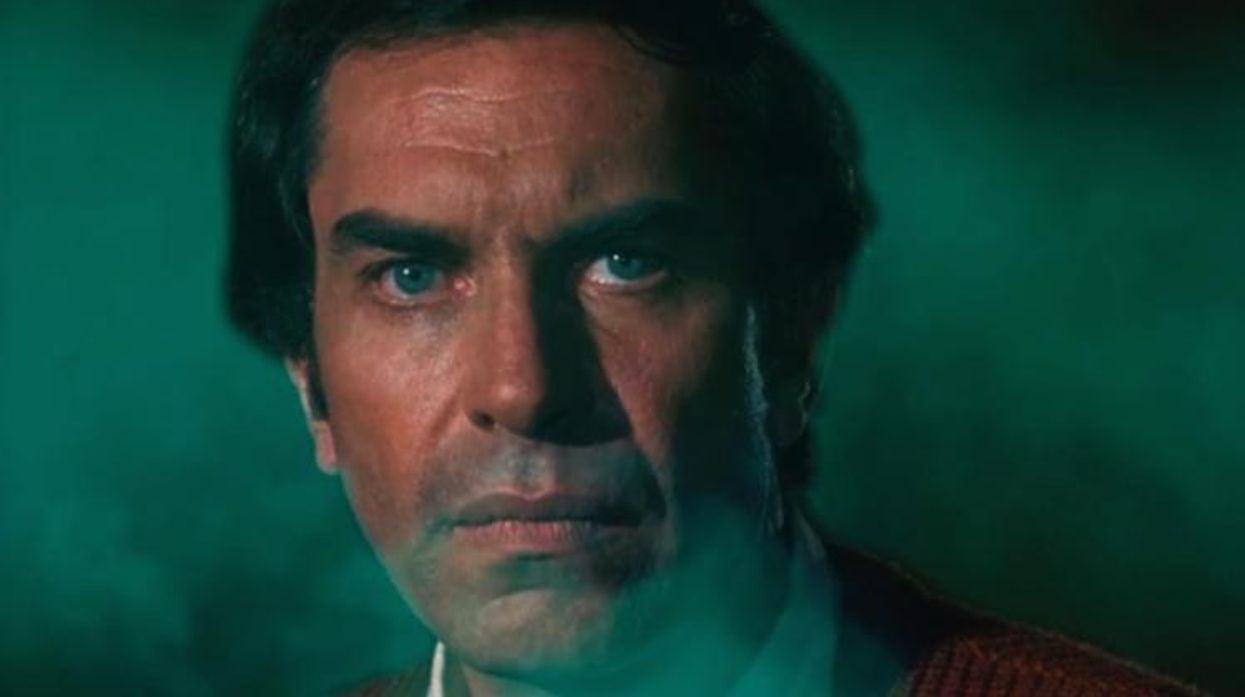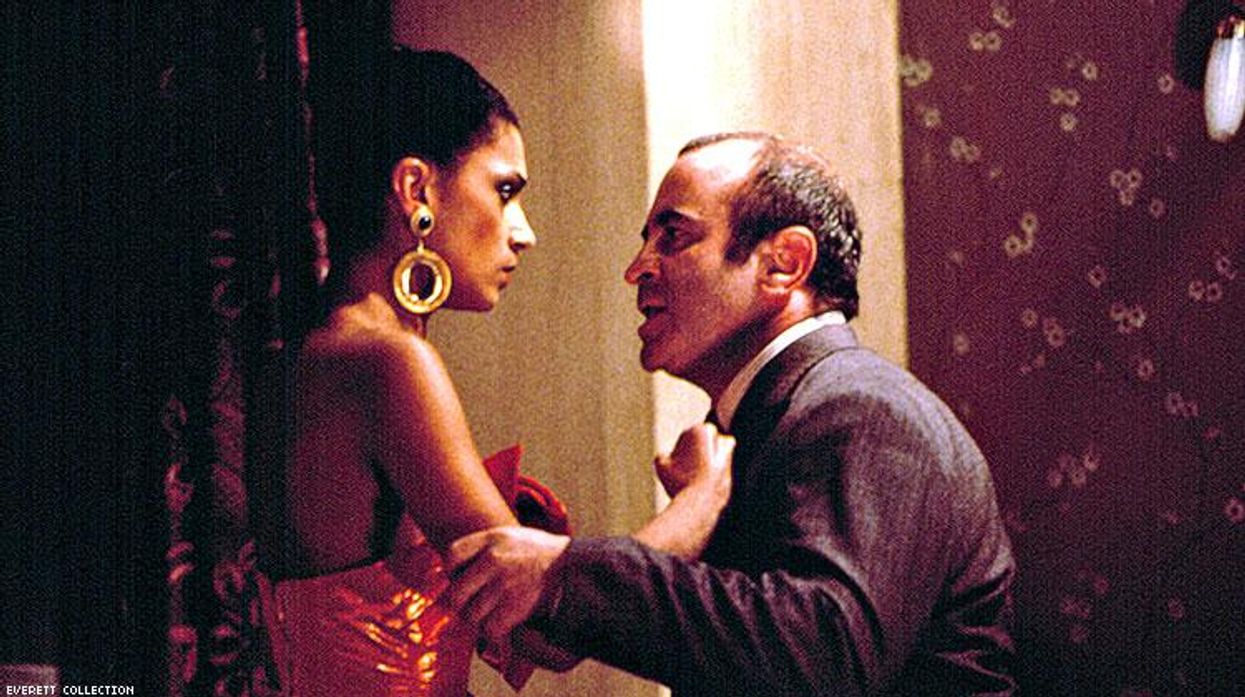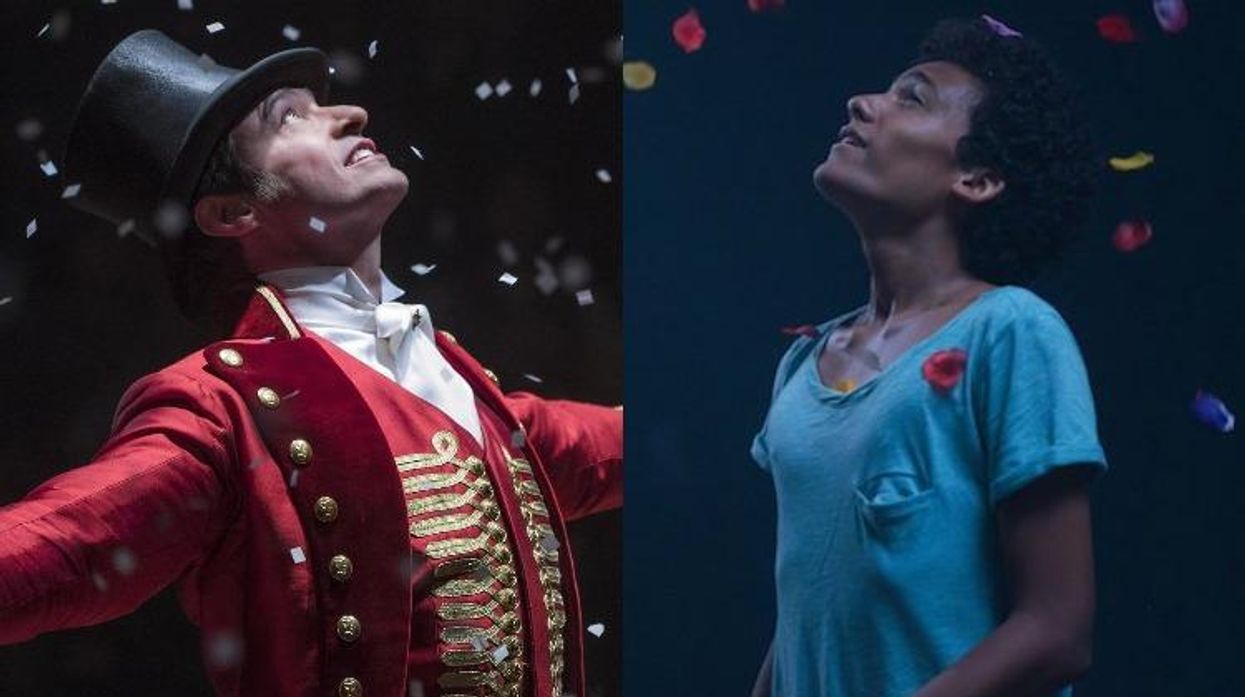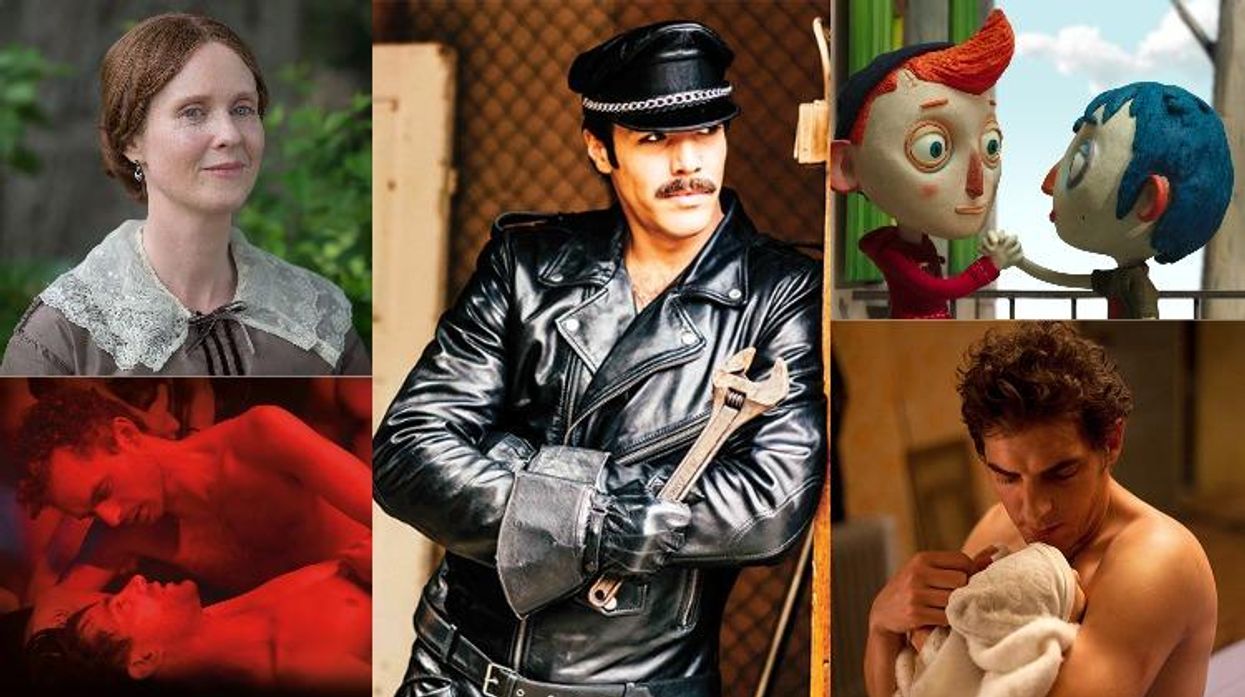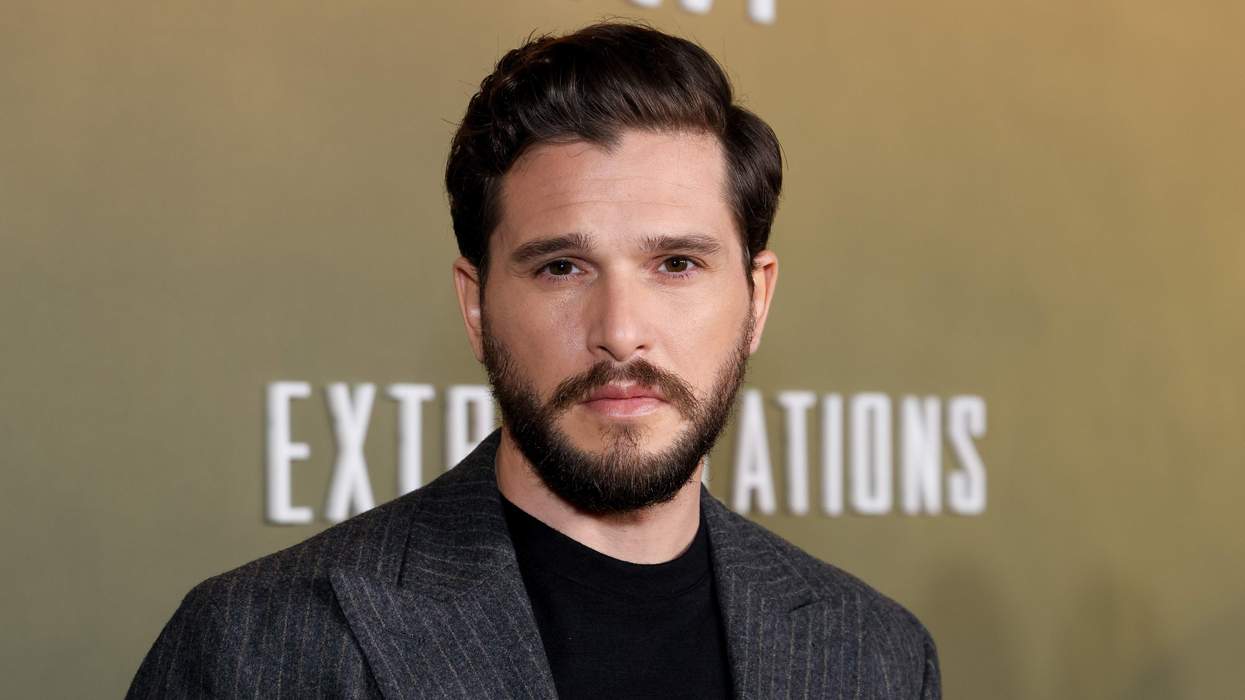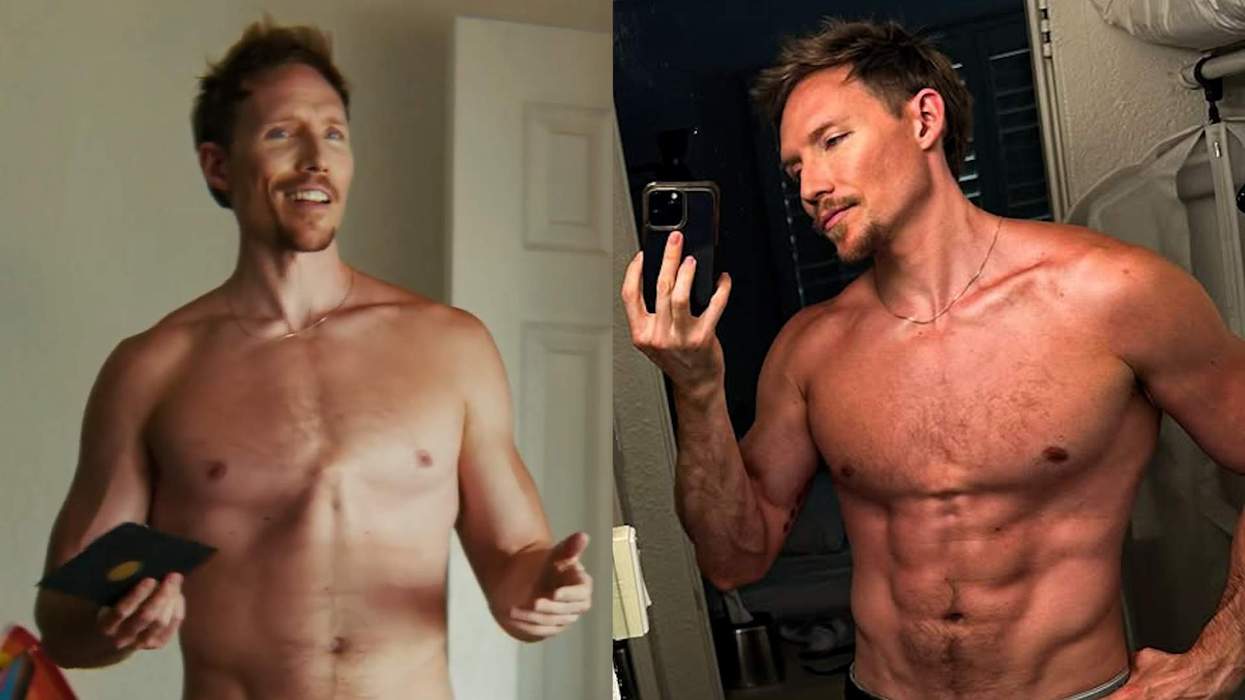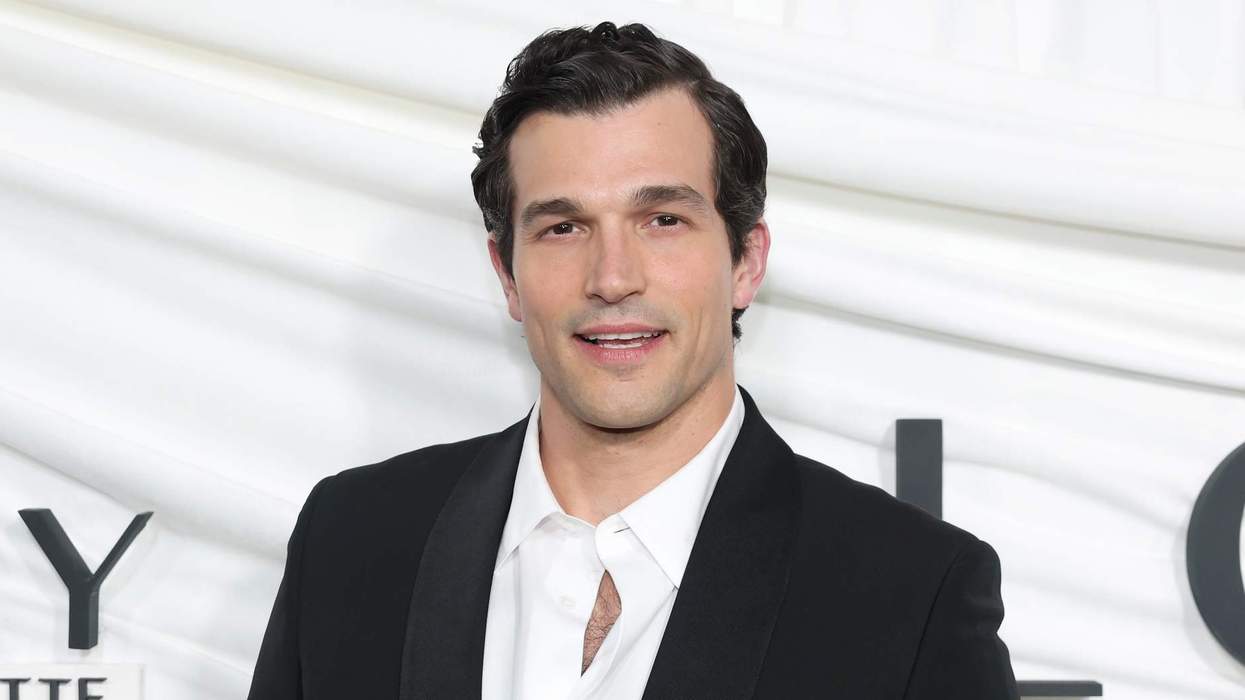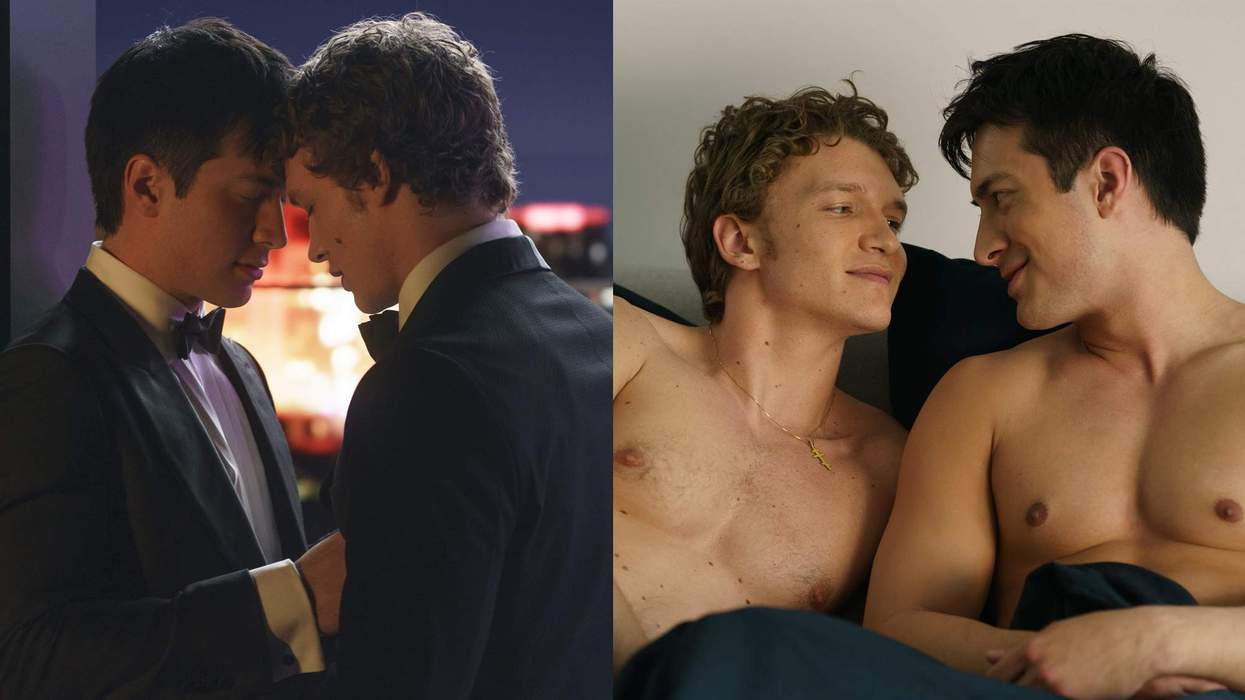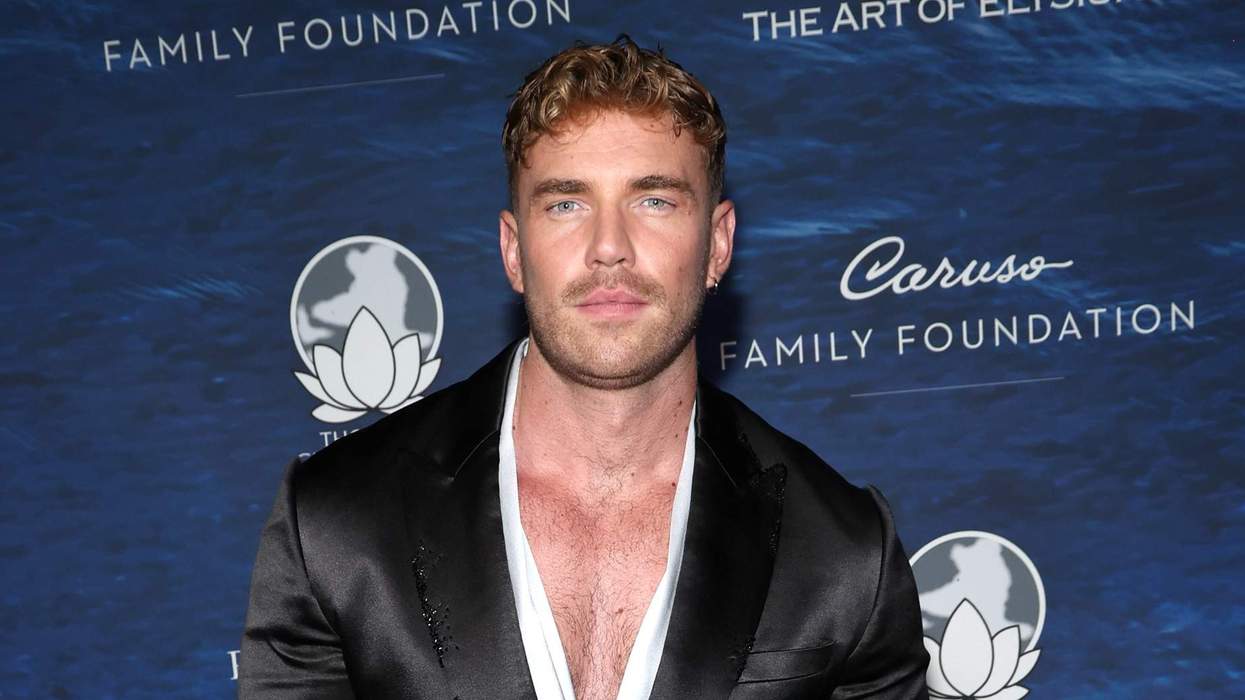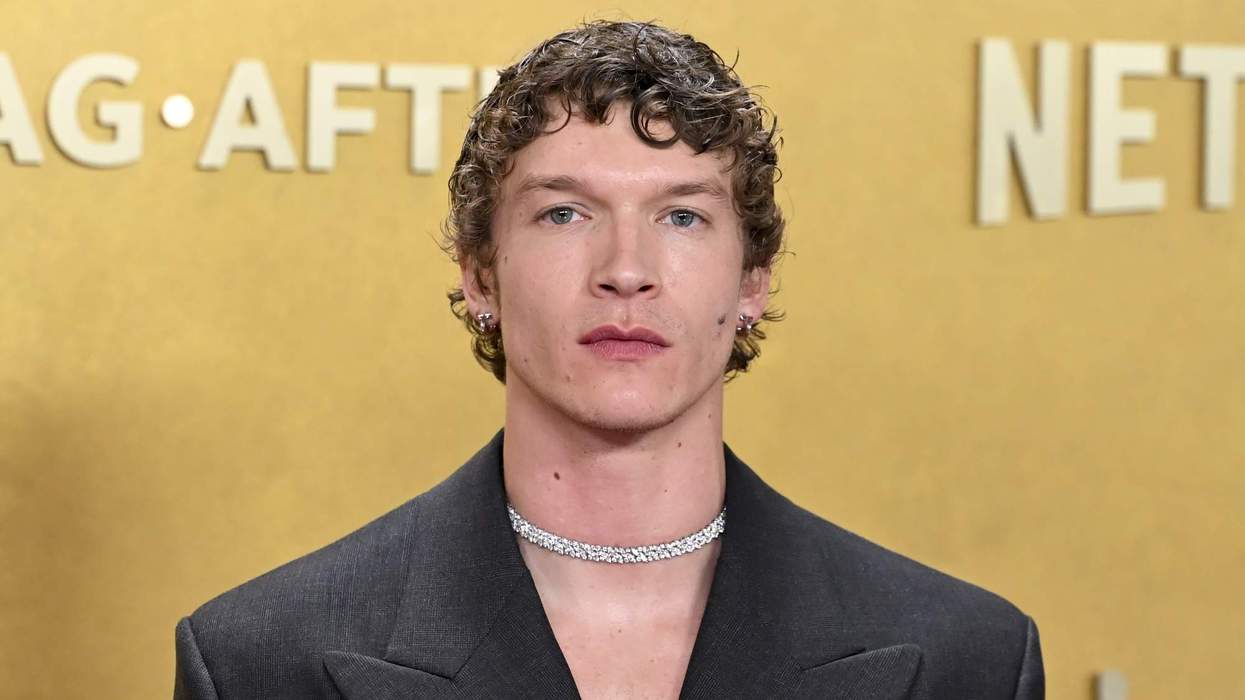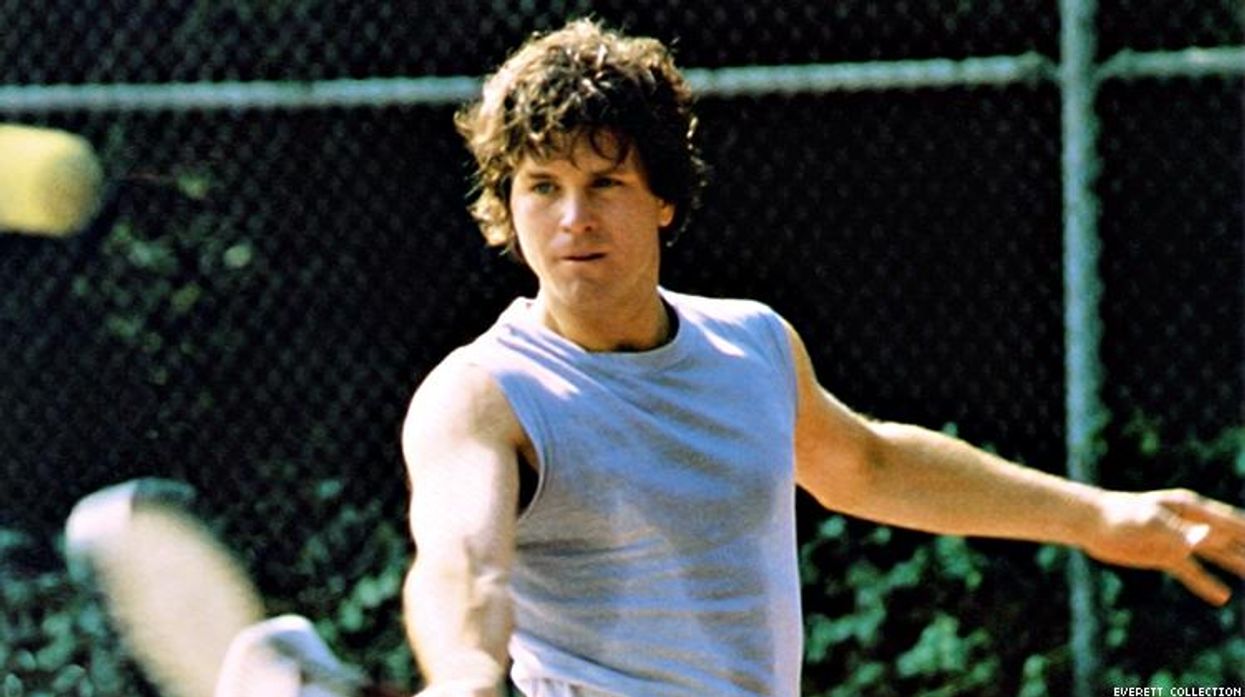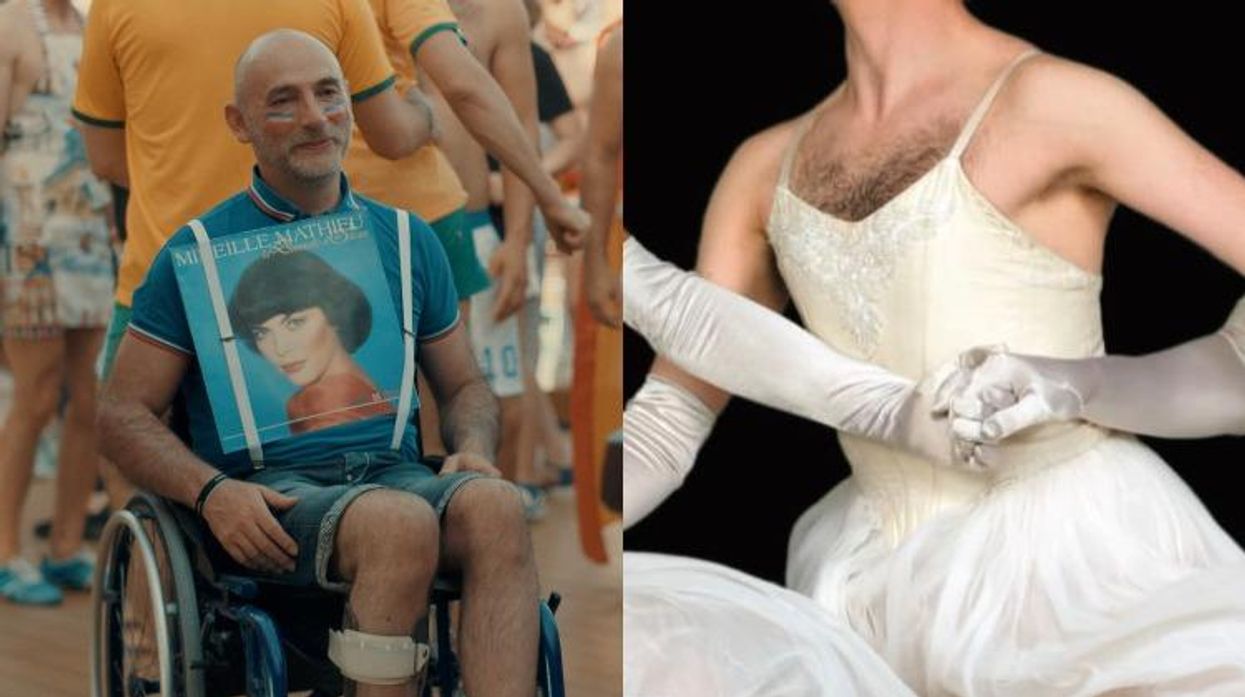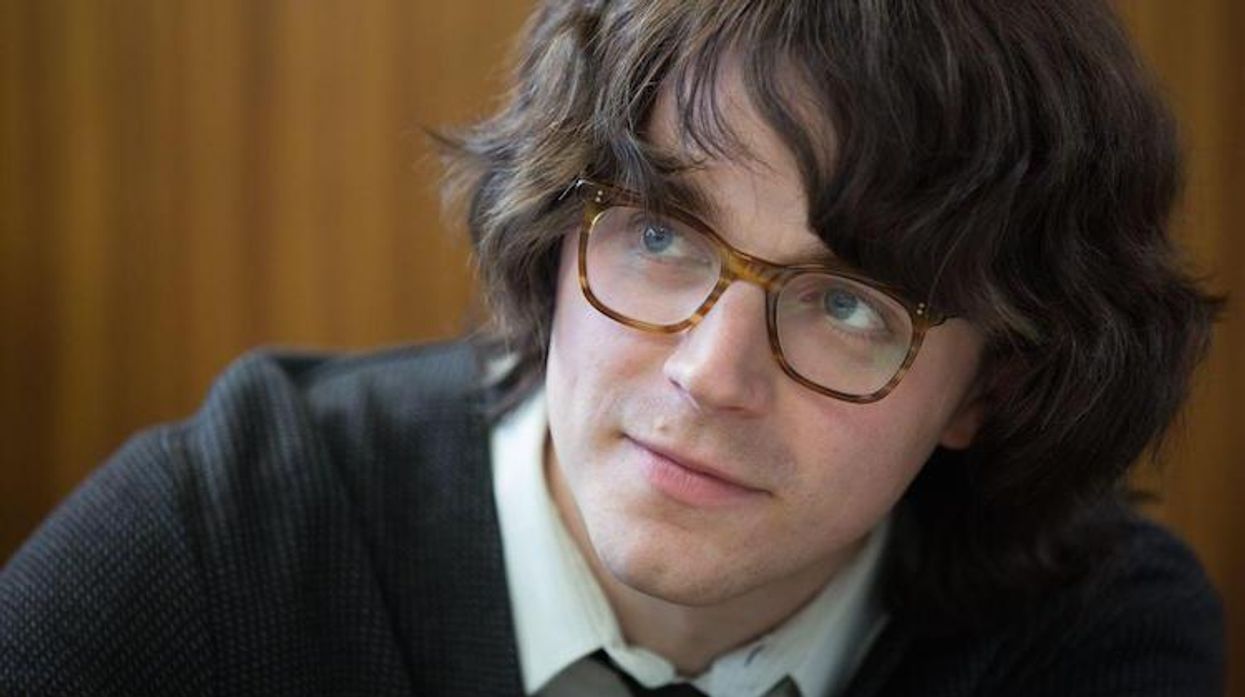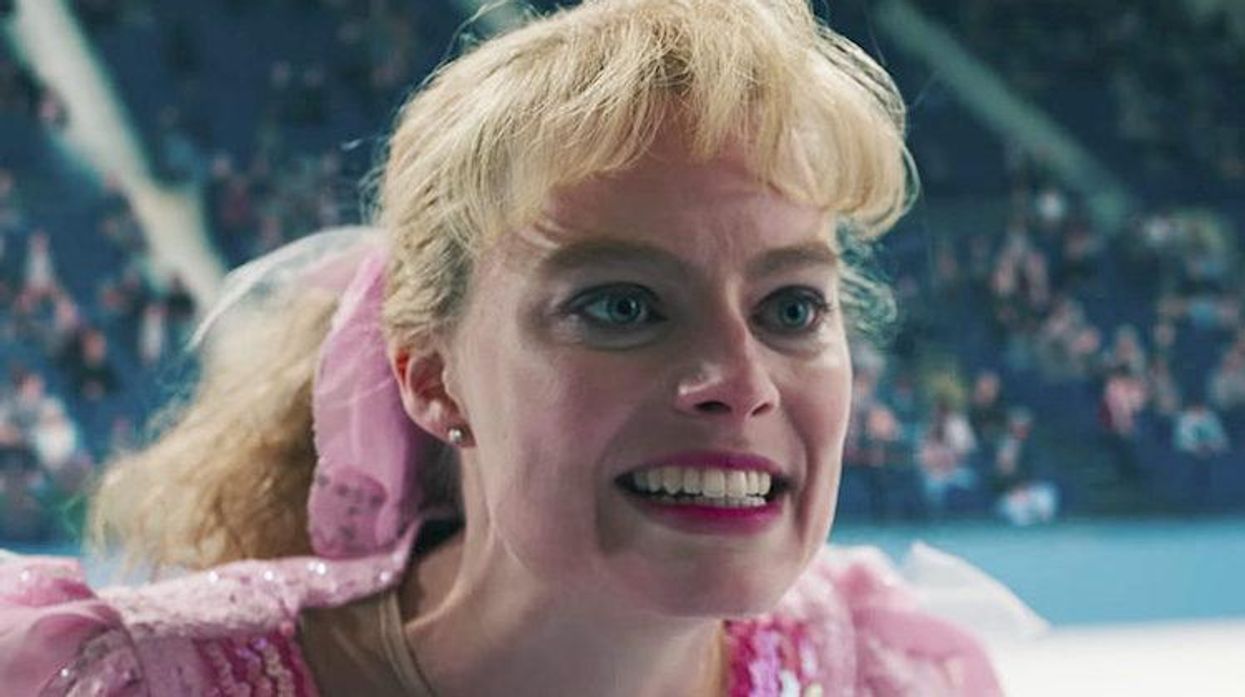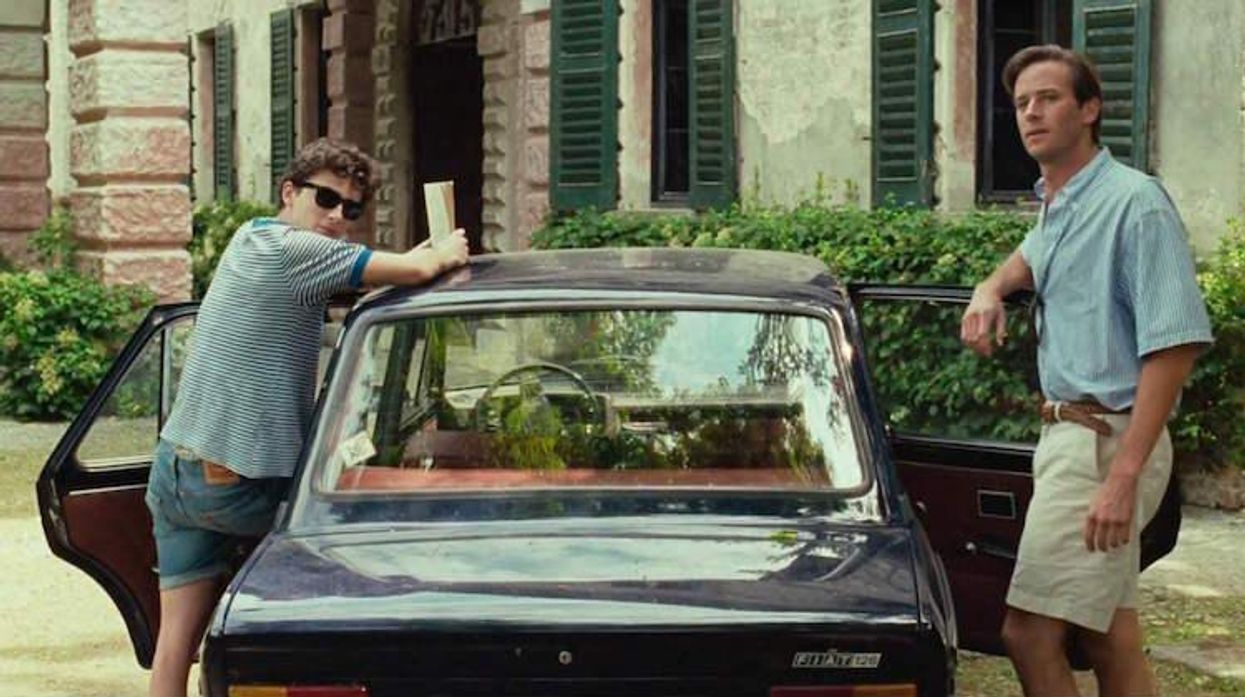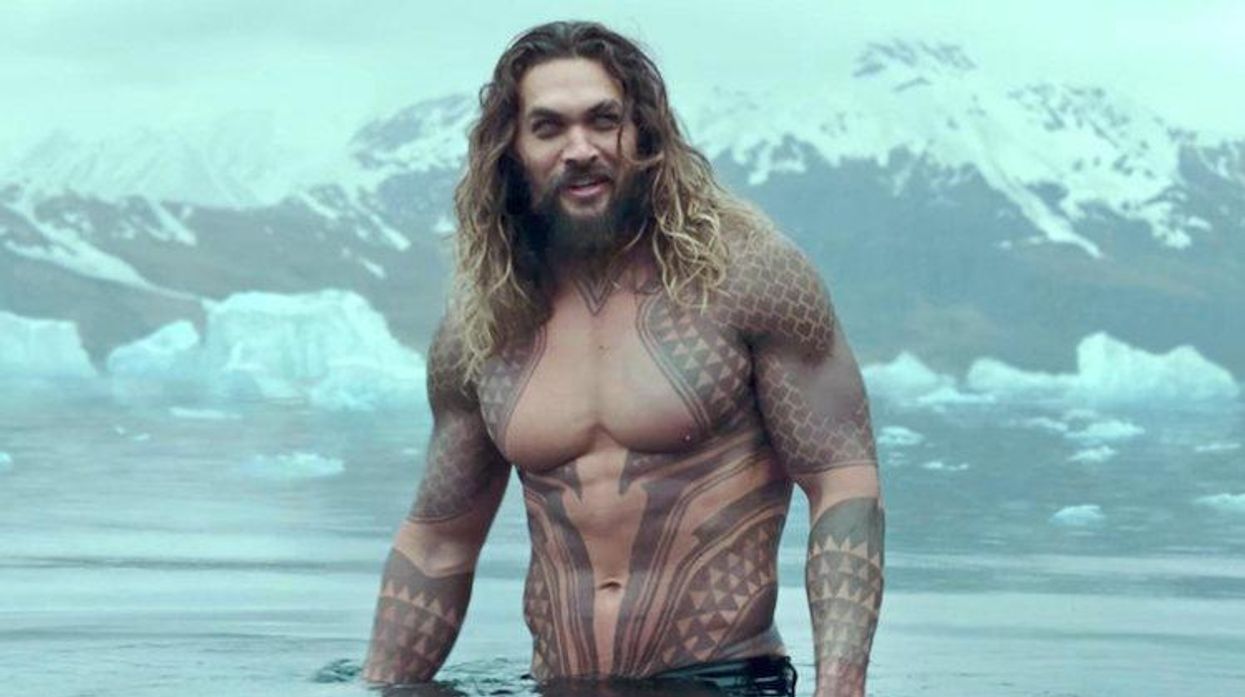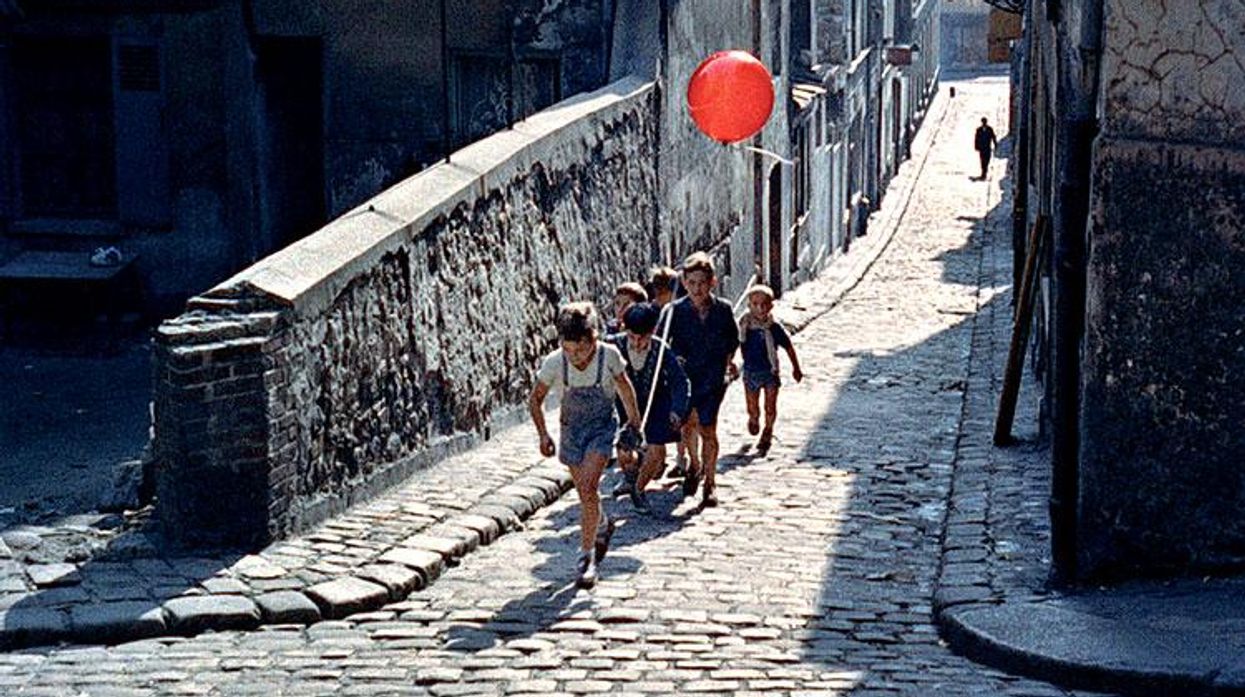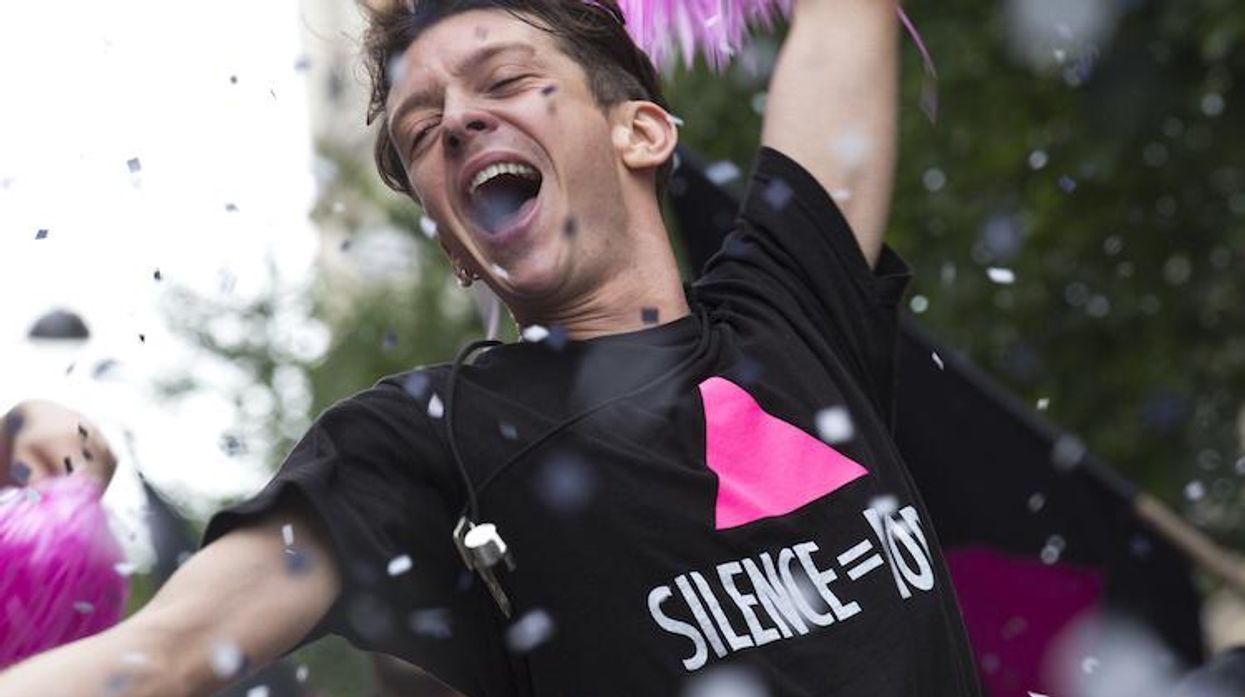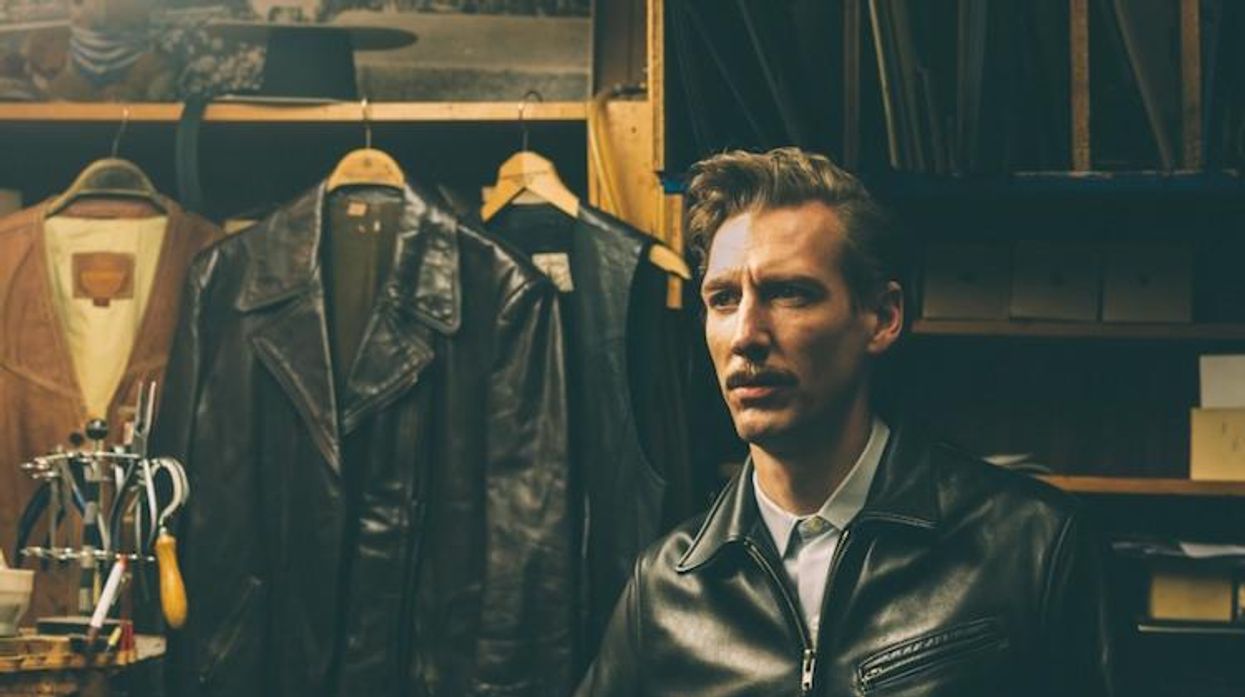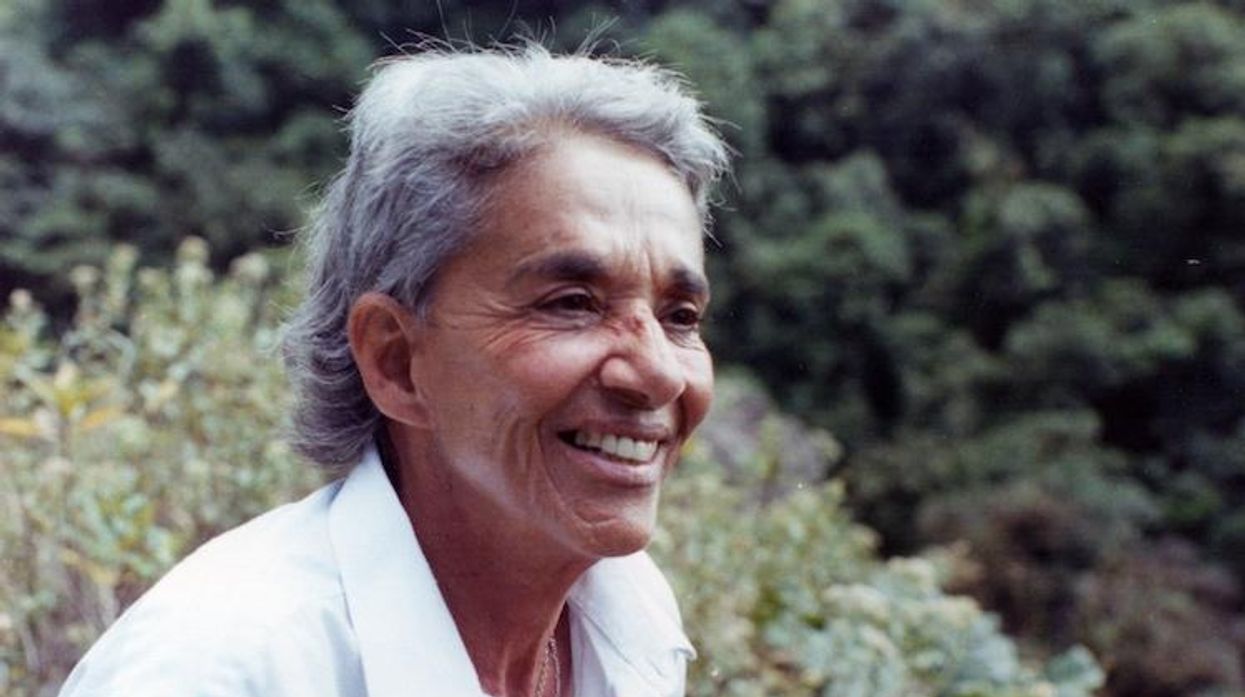Last time Gerard Depardieu and Isabelle Huppert met, he was in fighting trim and she had a youthful bloom. This was in Loulou (1980), a rough-chopped slice of French juvenile delinquency by Maurice Pialat. It was memorable for Depardieu teasing Huppert: "No cock for you for eight days!"
Now reunited in Guillaume Nicloux's Valley of Love, they play Gerard and Isabelle, an aged, lonely, divorced couple, still bickering when they follow their late gay son Michael's final wish for an open air seance with his spirit in California's Death Valley. Nicloux and his famous stars stage an unusual wake, using what French academics call a "structuring absence." The son's non-presence raises the tension of sexual awareness--not just about the estranged parents' sexless lives, but tension regarding knowledge of their son's sexual preference and their guilt about failing to fully accept him.
Gerard and Isabelle are not members of PFLAG (Parents, Families and Friends of Lesbians and Gays); they feel cursed for neglecting their loving duty. This switches the focus of a regret-filled movie like Andrew Haigh's 45 Years away from identifying with an aggrieved party's sexuality-based hurt and vanity. Valley of Love moves forward solemnly (many shots isolate the stars as they walk in solitude in a gay-friendly desert resort, or ride in a car side-by-side yet alienated). The absent son confers forgiveness upon his parents who--with some difficulty--come to accept his blessing. (Fans of Morrissey's AIDS-era elegy "Michael's Bones" will recognize this drama.)
Valley of Love promotes sympathy over narcissism--the self-defense that often trips-up less mature gay filmmakers. This is almost uncharted territory and the American West setting could have dislocated Nicloux's sensitive concept (just like Bruno Dumont's heinous, sexually explicit yet anti-sex Twentynine Palms, also set in Death Valley). Michael's parents feel displaced in the New World the same way older generations feel displaced by today's brave new legalized world of sexual and gender liberty.
Nicloux explores this complex dilemma differently from politically correct films and TV shows that makes things too easy and always climax with social enlightenment. Nicloux looks deeper--though not as deep as gay director Gael Morel's similarly plotted 2007 After Him (Apres Lui) which starred Catherine Deneuve as a mourning mother. Yet this memorial movie touches on spiritual awareness, a miracle achieved through its superb stars.
Gerard carries his grief as if Jonah had swallowed the whale while Isabelle looks utterly forlorn; they both journey toward revelation and enlightenment. (The film could also be titled "Honor Thy Parents, Love Thy Child.") Ultimately, Gerard and Isabelle surpass political correctness: Michael's forgiveness takes them through grief and awakens them. Look on their awed and blessed performances as guides to whole world's spiritual struggle.
Watch the trailer below:


